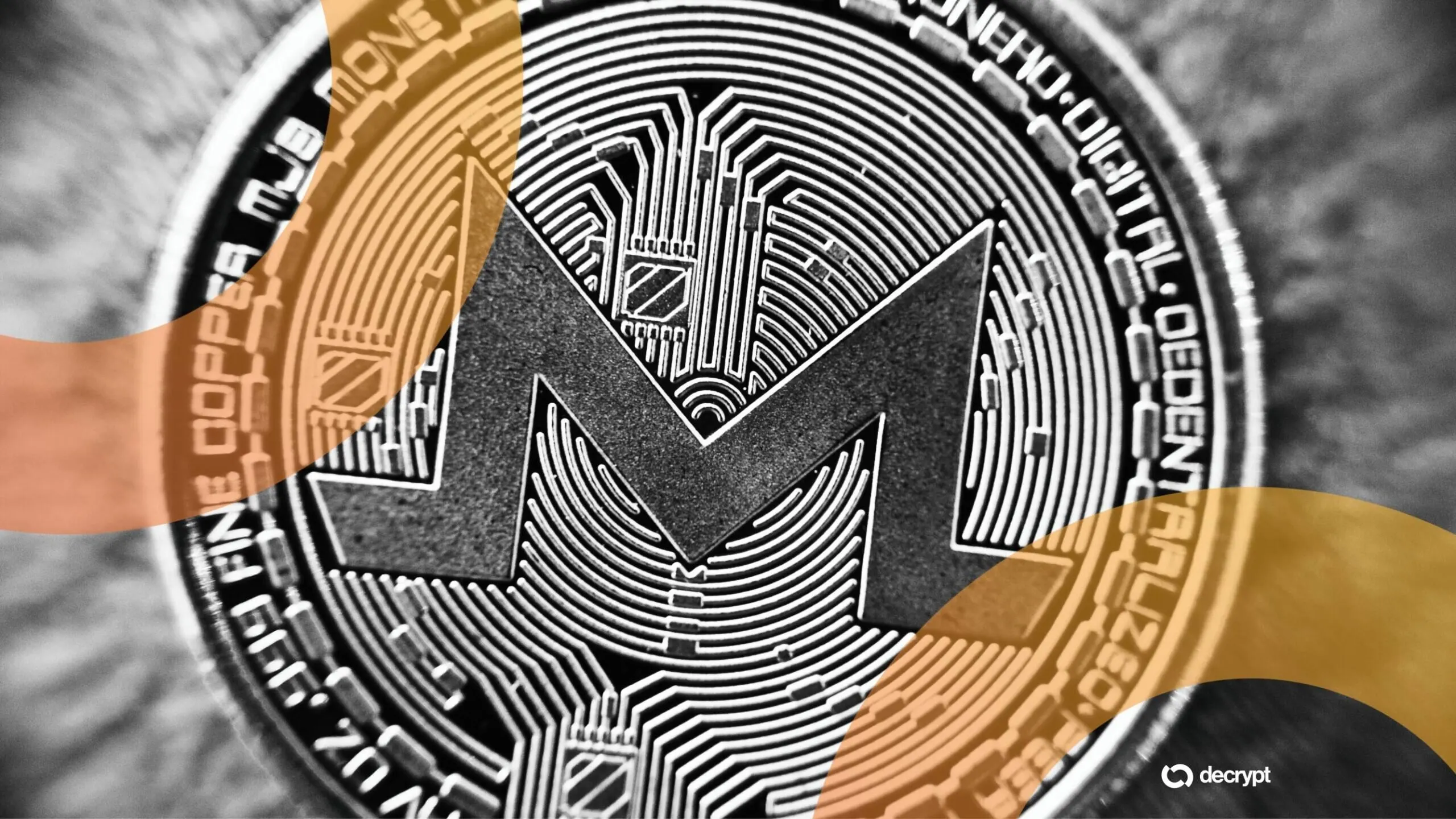In brief
- India’s NCB arrested a 35-year-old Kerala engineer for allegedly running the country’s largest darknet drug syndicate, using Monero to hide transactions.
- Operation MELON seized 1,127 LSD blots, 131 grams of ketamine, and over $82k in crypto assets linked to the network.
- “It’s very hard to develop total privacy,” Decrypt was told, with an expert noting that evidence of criminal transactions can be traced retroactively.
India’s Narcotics Control Bureau (NCB) has dismantled what it calls the country’s "most prolific darknet drug syndicate," arresting a 35-year-old engineer from Muvattupuzha who is accused of operating the network single-handedly while his own family remained unaware of his illegal activities.
Edison, a mechanical engineer and Kerala native, was arrested Tuesday in an operation codenamed "MELON" that seized 1,127 LSD blots, 131.66 grams of ketamine, and cryptocurrency assets worth over $82,027 (₹70 lakh), the agency tweeted.
🚨 NCB BUSTS DARKNET KINGPIN – KETAMELON IN OPS MELON 🚨
In a major crackdown, NCB Cochin busted India’s only Level-4 darknet drug vendor, 🔥 KETAMELON 🔥, seizing:
🔹 1,127 LSD blots 🧠
🔹 131.66g Ketamine 💉
🔹 ₹70 Lakhs in USDT 💰 (via hardware wallet)
🔹 Darknet tools: KITES… pic.twitter.com/KqvfXcw07h— NCB INDIA (@narcoticsbureau) July 1, 2025
The suspect had allegedly been operating as the country's only 'Level 4' darknet vendor under the moniker "Ketamelon" for the past two years, according to reports in local media.
Edison allegedly sourced drugs from global suppliers, laundered proceeds via privacy coin Monero (XMR), and shipped narcotics to cities across India.
Monero is a privacy-centric crypto designed to mask transaction details, making it a preferred payment method for darknet drug dealers and cybercriminals.
In a recent blog, blockchain analytics firm Chainalysis noted that darknet market operators, “have learned the consequences of running BTC-accepting markets given the currency’s transparency,” adding that, “Many now accept only Monero.”
Chainalysis found that while 2024 was “likely a record year for crypto crime revenue overall,” inflows to darknet markets and fraud shops fell, “with DNMs receiving just over $2 billion in BTC on-chain, and fraud shops $225 million.”
“Hard to develop total privacy”
However, experts caution that privacy coins aren't foolproof.
Andrew Fierman, Head of National Security Intelligence at Chainalysis, told Decrypt that "while there are concerns of more criminals moving to privacy coins for anonymity, the vast majority of criminal activity still uses mainstream cryptocurrencies, such as Bitcoin, Ethereum, and stablecoins."
He noted these remain appealing to criminals "for the same reasons they appeal to those using them for legitimate purposes: it's cross-border, instantaneous, and liquid."
But, "It's very hard to develop total privacy,” Fierman told Decrypt. “It's not necessarily the case that privacy coins are completely anonymous."
Privacy coins "operate on an immutable ledger," meaning "evidence of criminal transactions will exist forever,” he said.
The NCB’s bust follows a four-month investigation during which authorities tracked Edison’s operations, which allegedly included over 600 drug consignments to cities like Bengaluru, Chennai, Delhi, and Himachal Pradesh.
Local media reported that Edison was "currently the largest darknet vendor of drugs in India," sourcing narcotics primarily from UK-based vendor "Gunga Din," believed to be the world's largest LSD supplier.
The agency noted that while Kerala typically sees fewer than 1,000 LSD blots seized annually, Edison was allegedly distributing around 10,000 LSD blots across the country each month.
The NCB’s operation comes amid a global crackdown on cybercrime infrastructure linked to cryptocurrency.
Just this week, the U.S. Treasury Department sanctioned Russian hosting provider Aeza Group, accusing it of facilitating ransomware attacks and darknet drug markets that targeted victims worldwide.

